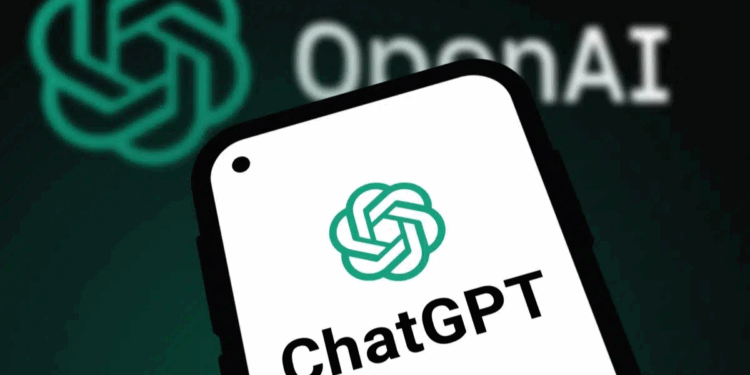OpenAI launches ChatGPT Go in India
On Tuesday, OpenAI introduced ChatGPT Go, a new low-cost subscription plan that gives wider access to its popular features for ₹399 per month. The plan is currently available only in India.
Privacy experts, however, warned that Indian users remain exposed to possible misuse of personal information in the absence of AI-specific data protection laws. They believe upcoming rules will play a crucial role in ensuring secure storage and handling of sensitive personal data within the country.
Rising demand for AI in India
India has become the largest open market for global internet companies, and the demand for AI tools is rapidly growing. At the same time, transparency from AI companies about how they collect, store, and monetise user data remains limited.
While most providers publish privacy notices with basic details about data collection and storage, they rarely explain how behavioural data is monetised or what third-party access looks like.
Concerns over timing
Ankush Tiwari, Founder and CEO of cybersecurity firm pi Labs, questioned why OpenAI chose to launch this subscription at a lower cost in India. He pointed out that AI queries in India do not cost less and asked if the move was aimed at countering competitors like Perplexity Pro, acquiring users in the world’s largest democracy, or gaining data that could later be used for targeted services.
Tiwari added that online behaviour is shifting from traditional search engines to AI platforms. Companies like ChatGPT, Gemini, Grok, and Perplexity are competing for user data in the same way that Google once built its advertising empire on search behaviour.
The risk in an unrestricted market
Unlike countries such as China and Russia, India remains an unrestricted market for internet companies. Experts say this allows AI firms to attract millions of users but also creates long term risks around privacy. A sustainable business model may eventually rely on monetising personal data through customised ads.
Regulatory challenges
According to Pawan Prabhat, Co founder of Shorthills AI, India’s current laws are still developing and cannot yet address the unique risks of AI. While the Digital Personal Data Protection Act of 2023 sets rules on consent and limits data use, it does not cover issues such as algorithmic bias or automated decision making.
He noted that India is moving in the right direction but still lags behind regions like the European Union, which already has mature regulations for AI.
Legal duties for AI firms
Vaibhav Velhankar, CTO of Segumento, stressed that AI subscription plans must protect user data responsibly. The DPDP Act, the IT Act of 2000, and rules around Sensitive Personal Data require companies to collect data only with consent, use it only for the stated purpose, and never share it without approval.
He said responsible providers should design systems with privacy at their core, use strong encryption, and allow users to access, correct, or delete their data.
Balancing access and responsibility
Jay Prakash, Co founder of Silence Laboratories, said that rolling out ChatGPT Go first in India opens access to advanced AI tools in a diverse market. But he warned that scale also brings responsibility. Privacy must not be treated only as a compliance checkbox but as a guarantee backed by strong systems.
He added that although the DPDP Act creates a foundation, India’s enforcement mechanisms are still maturing, and depending only on user consent is not enough.
Also read: Data Protection Law Amendment to RTI Act Strikes Balance with Privacy Rights: Ashwini Vaishnaw










